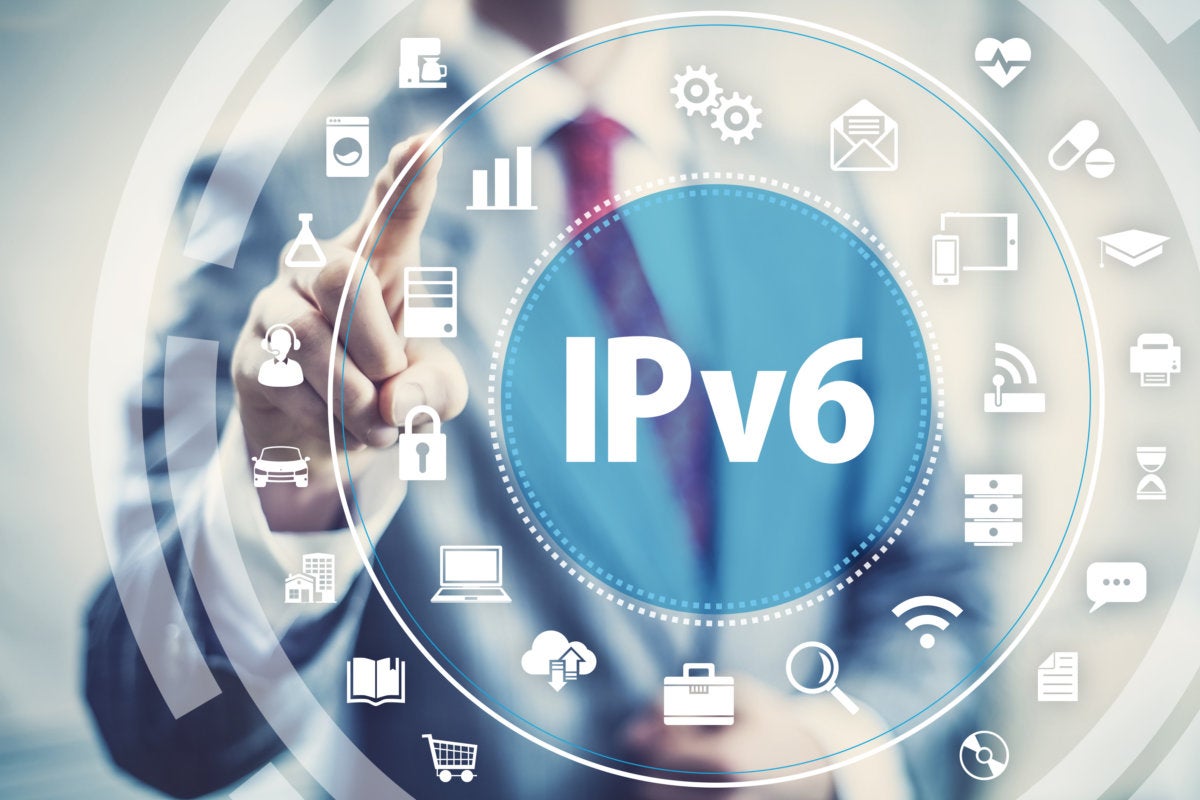
In the ever-expanding digital landscape, the exhaustion of IPv4 addresses has spurred the need for a more extensive and sustainable solution. The answer lies in the adoption of IPv6 in networks. Internet Protocol version 6 (IPv6) offers a vast pool of addresses, ensuring the continued growth of the internet and the proliferation of connected devices. However, despite its clear advantages, the adoption of IPv6 in networks has been a gradual process. In this article, we explore the benefits of IPv6, the challenges in its adoption, and the significance of embracing IPv6 to unlock the full potential of the internet.
Understanding IPv6 and IPv4 Exhaustion
1. IPv4 Limitations
IPv4, the fourth version of the Internet Protocol, is the backbone of the internet. It uses a 32-bit address format, providing approximately 4.3 billion unique addresses. While this may have seemed sufficient during the early days of the internet, the exponential growth in internet-connected devices and the advent of the Internet of Things (IoT) have rapidly depleted the available IPv4 address space.
2. The Rise of IPv6
IPv6 is the next generation of the Internet Protocol, designed to address the limitations of IPv4. It uses a 128-bit address format, allowing for an astronomical number of unique addresses—approximately 340 undecillion, or 3.4 × 10^38. This seemingly endless address space ensures that the world will have more than enough IP addresses to accommodate future technological advancements and the interconnected world of tomorrow.
The Benefits of IPv6 Adoption in Networks
1. Vast Address Space
The primary advantage of IPv6 is its vast address space, ensuring that every device, be it a smartphone, laptop, or IoT sensor, can have a unique and globally routable IP address. This eliminates the need for complex Network Address Translation (NAT) techniques used in IPv4 to share a single public IP address among multiple devices.
2. Efficient Routing
The hierarchical structure of IPv6 addresses allows for more efficient routing on the internet. This hierarchical addressing scheme promotes faster and more streamlined data transmission, reducing network congestion and latency.
3. Simplified Network Management
With IPv6, network administrators can say farewell to the complexities of managing IP address allocation and the intricacies of NAT. The abundance of addresses in IPv6 simplifies network management and reduces the burden on IT personnel.
4. Security Enhancements
IPv6 incorporates built-in security features such as IPsec (Internet Protocol Security), which provides data integrity, authentication, and encryption. This native security support enhances the overall security of data transmitted over IPv6 networks.
5. Future-Proofing the Internet
As the digital world continues to evolve, the adoption of IPv6 ensures that the internet remains scalable and resilient. By future-proofing the internet, IPv6 paves the way for innovations and technologies that demand vast IP address space.
Challenges in IPv6 Adoption
1. Legacy Systems and Infrastructure
The widespread adoption of IPv4 over the years has led to a substantial reliance on legacy systems and infrastructure designed for IPv4. Transitioning to IPv6 requires upgrading or replacing these systems, which can be a time-consuming and costly process.
2. Lack of Awareness
Many organizations and individuals remain unaware of the urgency and benefits of IPv6 adoption. This lack of awareness hinders the broader adoption of IPv6 and perpetuates the reliance on IPv4.
3. Interoperability Concerns
During the transitional phase, networks running both IPv4 and IPv6 will coexist. Ensuring seamless interoperability between IPv4 and IPv6 networks poses technical challenges that require careful planning and implementation.
4. Security Considerations
While IPv6 brings inherent security features, the transition period may introduce new security vulnerabilities. Organizations need to prioritize security measures during the adoption phase to prevent potential risks.
The Significance of Embracing IPv6
1. Future-Proofing Business Growth
For businesses, embracing IPv6 is vital for future-proofing their growth and ensuring they can seamlessly expand their online presence and connectivity as the number of devices and users continues to rise.
2. Enabling IoT and 5G
The proliferation of IoT devices and the rollout of 5G networks demand the adoption of IPv6 to accommodate the vast number of connected devices and the unprecedented data transfer speeds of 5G.
3. Government Initiatives
Governments around the world recognize the significance of IPv6 adoption and have been actively encouraging the transition to IPv6 by setting mandates and guidelines.
4. Global Connectivity
As more countries and organizations adopt IPv6, the entire internet ecosystem becomes more interconnected. IPv6 enables a seamless global network, fostering collaboration and communication across borders.
Best Practices for IPv6 Adoption
1. Awareness and Training
Raising awareness about the benefits of IPv6 and providing training to IT personnel on IPv6 implementation are crucial steps in ensuring a smooth transition.
2. Gradual Transition
Organizations can adopt a gradual approach to IPv6 deployment, allowing for a phased transition while maintaining interoperability with existing IPv4 systems.
3. Network Audit and Assessment
Conducting a thorough network audit and assessment helps identify potential challenges and areas that require specific attention during the IPv6 adoption process.
4. Collaboration and Information Sharing
Collaboration among organizations and information sharing within the technical community can foster knowledge exchange and support during the IPv6 adoption journey.
Conclusion
The adoption of IPv6 in networks is no longer an option but a necessity to ensure the continued growth and sustainability of the internet. With its vast address space, efficient routing, and enhanced security features, IPv6 is poised to unlock the full potential of the digital age. Overcoming challenges and embracing IPv6 will empower businesses, governments, and individuals to thrive in the interconnected world of tomorrow, making IPv6 adoption an essential step in shaping the future of the internet and network communication.
